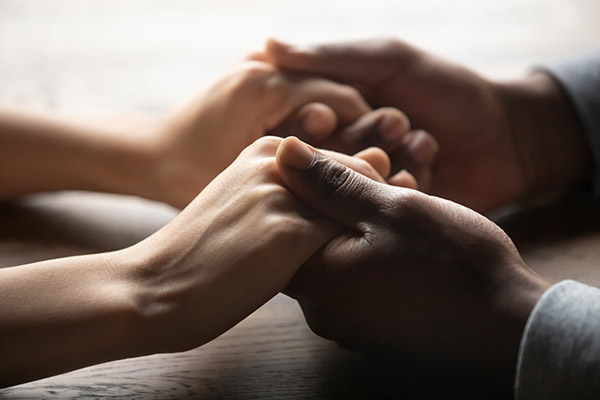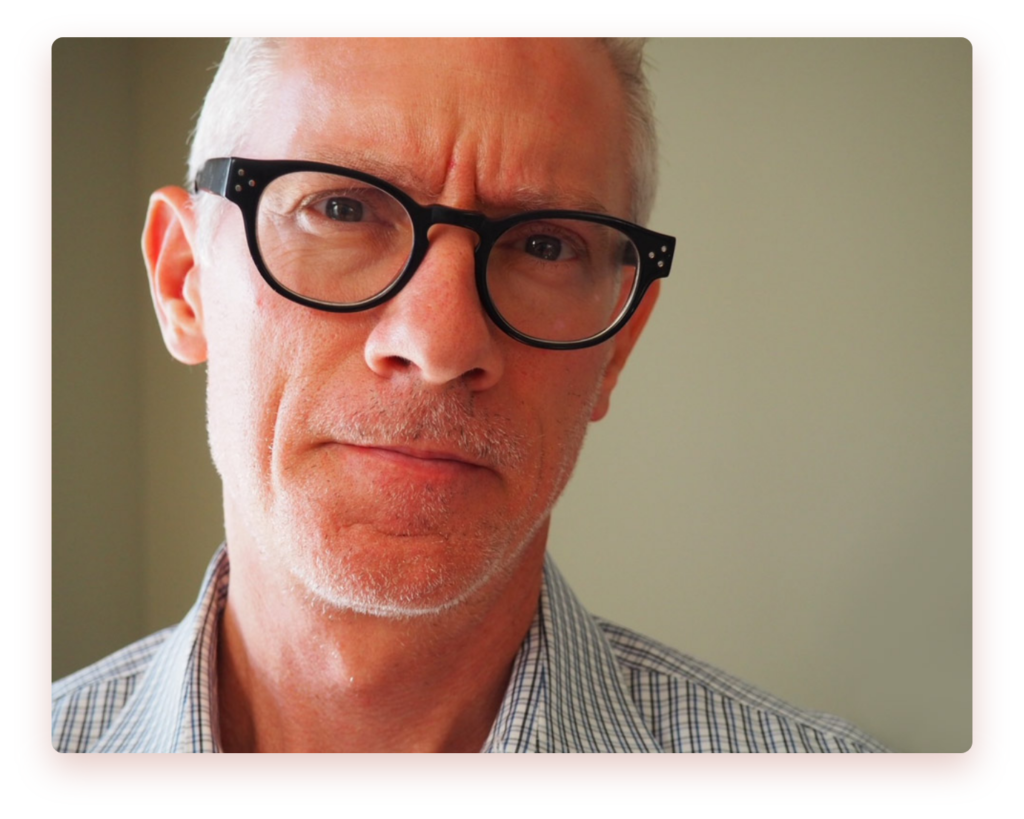Grief is normal in the wake of a loss, and sometimes even in anticipation of a loss. Grief counseling can help, particularly when the experience of grieving interferes with one’s life, from diminished motivation and enjoyment of friends, family, and usual activities, to unrelenting sadness and crying spells.
Optimally, grief prompts us to slow down, to reflect, and to recall the positive aspects of the person or project or opportunity lost. At times, the grieving is a response to things left undone, and unsaid – the loss of additional opportunities to “get around to that.” At others, it is the unrelenting and heart-rendering sadness that accompanies all that will never be – the child that will not grow and develop and delight in the world further, the spouse with whom one will have no more adventures or comforts, the friend with whom no new memories will be developed. As such, grieving is part of the human condition, and one of our more profound experiences, reminding us who and what is important to us.

When the grieving is compounded by multiple losses, or superimposed upon a vulnerability to depression, it can take on a life on its own. Those times, in particular, are the ones when grief counseling can be the most helpful, providing a dedicated space and time for the processing, the letting go, the honoring of the loss.
We’re experienced with grief, and can help with the journey. We know that grief will, at least in large part, diminish, and perhaps never fully leave one’s mind. In some cases, we can do nothing more than provide an additional source of support and company, especially helpful with others in your surroundings are grieving as well. In others, we can offer helpful guidance to expedite and deepen the resolution of grief. Either way, we’ll be there to help.

Grief is the word used to describe the normal emotional and physical reaction to a loss. It’s the emotional suffering that is felt when something to which you have grown attached or someone you love is taken away. The most intense grief is often felt upon the death of a loved one, but can be likewise experienced in a divorce or a breakup in one’s family or close friendships. Even a life transition such as a job loss or retirement, children leaving for college or ‘leaving the nest’ to go on their own, a loss of a loved one’s health or your own health can also trigger grief. A loss usually affects one’s spouse, children, other family members, and friends as well, compounding the problem.
While grieving mostly affects our emotions at first, physiologically, it can also affect our bodies like stress. The emotional pain of the loss can turn into real physical pain that weakens the immune system, raises blood pressure, and impedes the appetite and sleep, all of which can be harmful to one’s health.
While each person grieves in a different way, there are some common stages and feelings that are universally experienced during the grieving process although not everyone goes through all stages or as intensely as others. (Some psychologists include more or less stages.)
For instance, the first reaction to a loss may be shock at the event and denial of one’s feelings. The emotional trauma of a loss can be so devastating as to provoke the individual to become emotionally numb, shutting down one’s feelings. This serves as a temporary protection from the emotional ‘blow’. Grievers often find it difficult to focus on normal and necessary activities at this stage.
Then, the individual may become intermittently angry, blaming others, circumstances, or themselves for the loss. The anger usually masks other more intense feelings of bitterness or resentment that are being pushed aside. When the anger subsides and a more rational view of the situation is possible, the individual may begin to analyze how the loss could have been prevented or could even be restored.
The griever may spend hours wondering, “what if I had remembered to do this” or “if only I had done that”, the loss wouldn’t have occurred. ‘What-if’ and ‘if only’ statements attempt to rationalize the loss and are a type of bargaining. Religious people may even try to make a deal with God to reverse the loss.
When the individual stops ‘bargaining’, a quiet depression with feelings of being overwhelmed and hopeless may set in. Confusion is common at this point. If a person does not snap out of this stage quickly, it is important to get help from a professional right away.
Finally, in the acceptance stage of the loss, the individual has overcome the trauma and can move ahead in life. The grieving individual discovers that there are more good days than bad and that it’s okay. The person begins to see the path forward with hopefulness.
Just as each person grieves in a different way, each person recovers in a different way and in his or her own timing. Some people may begin to accept their loss in six to eight weeks, while others may need six to eight months. Some grievers may need years of counseling to overcome a traumatic loss. It all depends upon the nature of the loss and the stability of the grieving individual. People who have a healthy support system available are often able to recover more quickly.
The different ways individuals express grief can be in emotional, physical, behavioral, social, or cognitive ways. Psychologists loosely categorize grief according to its effects on the individual, the family or the people surrounding an individual. These categories may intermingle or may include more signs than listed here.

If you are struggling with grief after the loss of a loved one or other significant life event, know that you don’t have to go through it alone. We are here to support you. Contact us today to learn more about our grief counseling services and take the first step towards healing.

Dr. Brian Sullivan is a licensed clinical psychologist with over 25 years of experience. He holds a PsyD Doctorate in Clinical Psychology as well as a Master’s Degree in Clinical Psychology from Florida Institute of Technology (FIT). Dr. Sullivan believes his job is to work himself out of a job by helping people reach a point at which they no longer need his help.

Rachel Kepes is a Licensed Professional Counselor passionate about helping adolescents, their families, and adults struggling with life stressors, relationship difficulties, behavioral and mental health challenges.